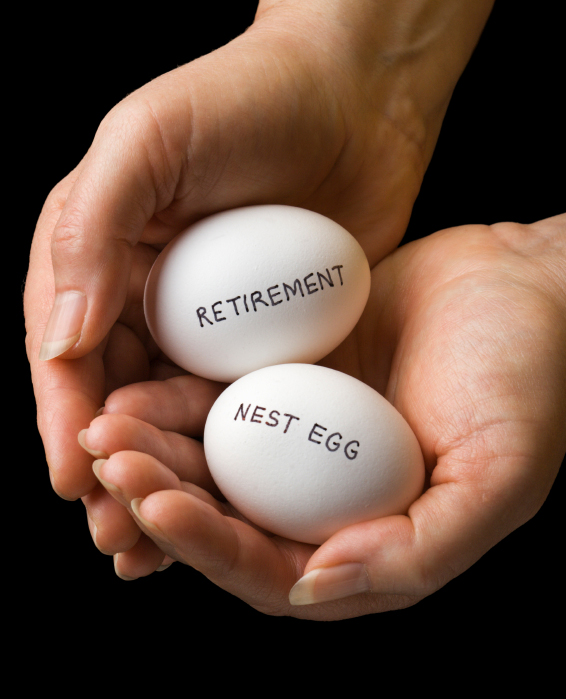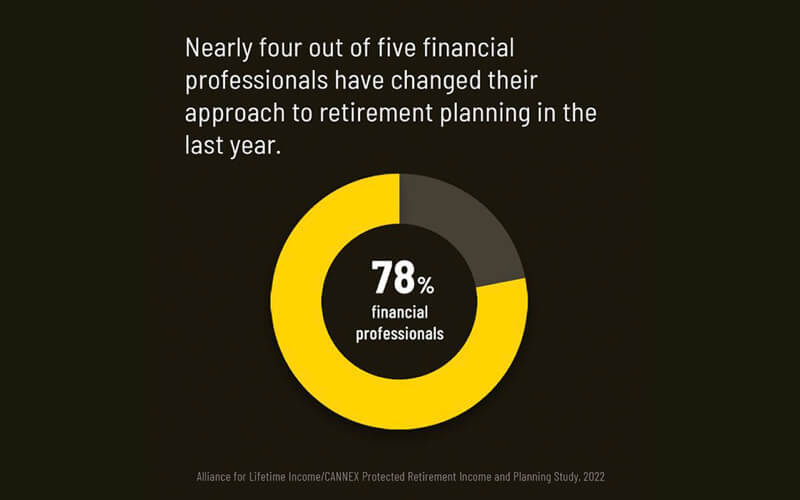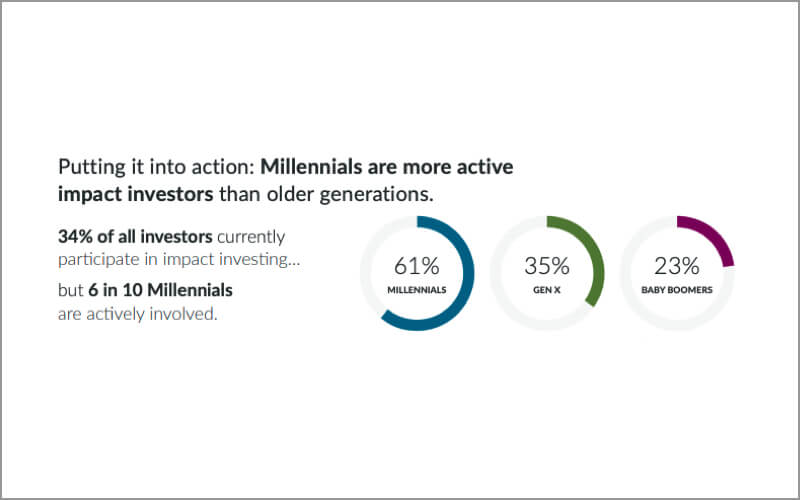The evidence of the economic havoc wreaked on American families by the great recession is all around us. Many Americans still feel the stress, either in their daily lives or as a painfully recent memory. As we talk to Americans on various research assignments aimed at understanding their views about financial issues, we’re reminded that there’s another longer-term force at work that has made the impact of the recession even more palpable. That force is the recognition by more and more Americans that they bear substantial personal responsibility for assuring their own financial health in retirement—a new retirement paradigm. The move from the predominantly defined-benefits orientation of our society toward a defined-contributions culture, where personal contributions to retirement programs replace company-managed pensions, continues. Today, fewer than one third of working Americans participate in a defined-benefits pension plan, and that proportion is continuing to shrink.
This shift has an impact on one’s psyche. In many respects, as our average life expectancies have extended, we’ve also come to realize that we need to take personal responsibility for a larger share of that longer life. Today, the average worker needs to balance their financial interests in the near term against their likely financial needs in the long term. This is even more true of younger people. In a recent survey we conducted among 20-30 year olds, we found that over half reported that they already are contributing to some form of retirement plan. We’ve been struck by individual conversations with some young people who already identify “planning for their retirement” as a top financial priority.
While this financial burden makes some despair, we’re seeing a strong sense of resolution and resilience on the part of many Americans. This resolution comes in many forms: a firmer commitment to find ways to save; new ideas about when and how to retire; and interesting adaptations in the ways that people manage their money to fit their lives. We’re not out of the woods yet, as a culture or individually, and many people still are suffering immensely. But we’re encouraged by this growing sense of resolution, which comes through as a marked contrast with the devastation many people felt and have expressed over the last several years.
It’s going to be needed.




